HPC-Cloud-based optimisation of water turbines for power generation
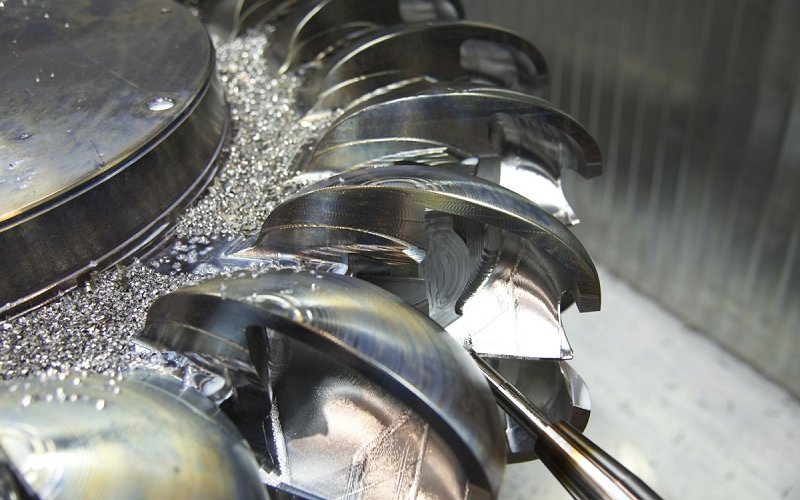
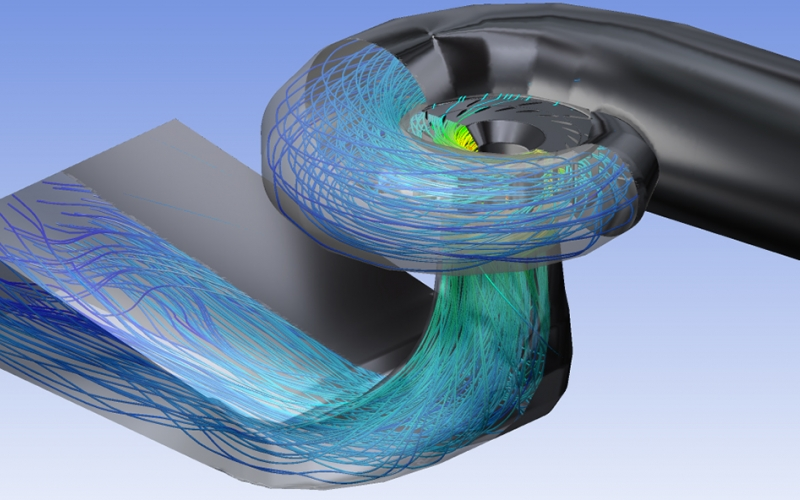
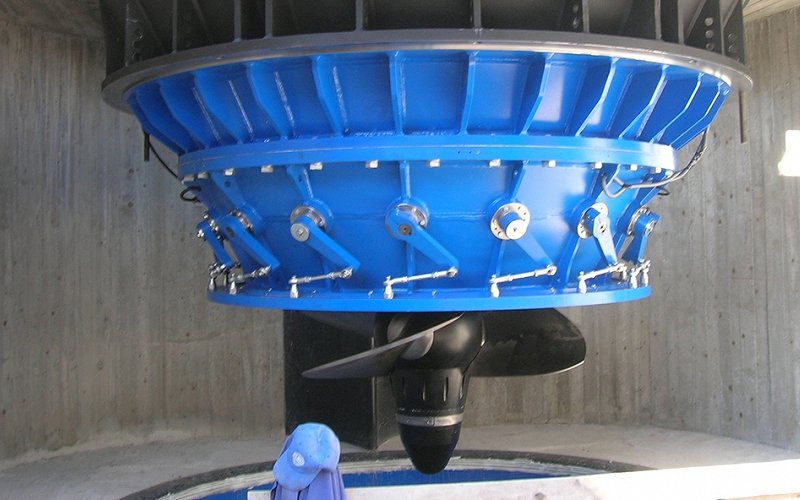
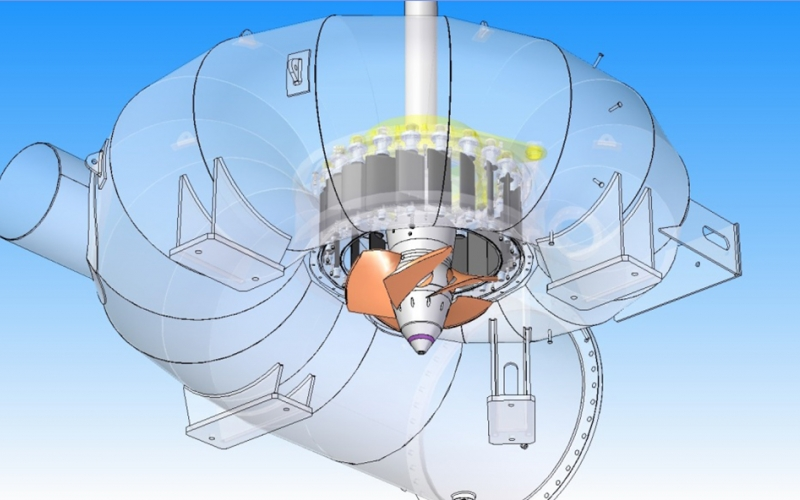
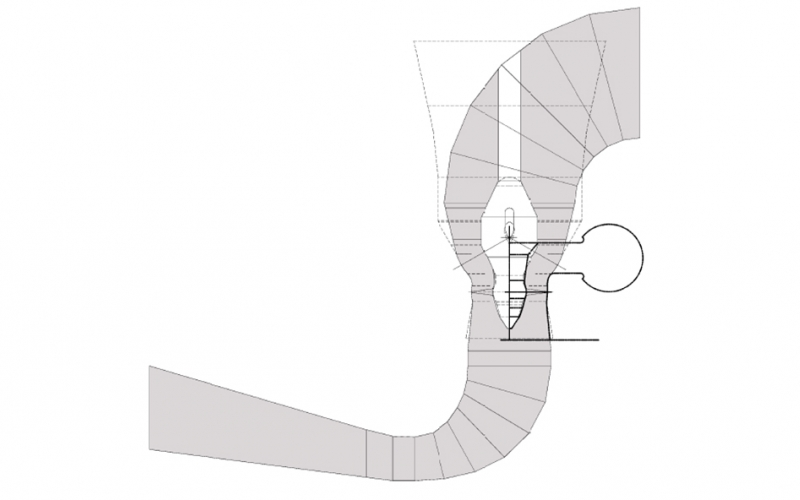
Zeco is an Italian SME from the renewable energy sector. It specialises in the production of different types of water turbine. Nowadays, the renewable energy sector is one of the most competitive and promising markets, as efficiency and pollution constraints are becoming increasingly strict. SMEs like Zeco must develop and innovate their products to remain competitive. High-fidelity simulation using Computational Fluid Dynamics (CFD) has become an essential tool for turbine designers because it results in better designs for less effort and lower cost. However, for Zeco and, in general for SMEs, the main obstacle to the full exploitation of CFD tools is the necessary computing power, which can be considerable and which requires the use of HPC. A further obstacle is the lack of skills in both CFD and in HPC which need to be provided by external experts. The objective of this experiment is to demonstrate how all the necessary resources can be assembled to give ZECO a one-stop-shop for the simulation of turbines leading to business benefits across the whole value chain.
The Challenge
Current practice in the design of hydro-power plants is to determine empirically the most suitable design in a series of time-consuming experiments. However, SMEs in this sector have to face private and public tenders to sell their turbines in both national and global markets, where the competition is very strong and the development time is very short. The challenge facing Zeco is to improve its design processes by the use of HPC-based high-fidelity simulations of flow in its turbines through the use of CFD-based tools.
The Solution
In order to reduce development times significantly and hence to increase the competitiveness of SMEs, a CFD-based HPC application has been developed which enables the customization of a small hydro power plant in a very fast and reliable way, when compared to current practices. The use of this application can contribute significantly to savings in time and money in the development of new water-turbine systems, customized to meet user demand. It enables Zeco to understand the performance and characteristics of its products. High-fidelity simulations and the availability of HPC, significantly reduce the development costs of prototypes. Hence the time to market using HPC-based simulation is drastically lower than current in-house practice.
The Benefits
The use of HPC-based CFD calculations has reduced the design time of a turbine from 1 year to 3 months. Given that manufacturing the turbine takes 8 months, this means a reduction in time to market from 20 to 11 months. Without the use of HPC-based simulation, the overall development process could take up to two years which is no longer a competitive time frame.
The benefit for Zeco of HPC-based simulation is a highly efficient and customizable turbine. Using such turbines, a medium-sized hydropower plant costing 1.5M€ a can generate for Zeco’s customers a reduction in operational costs per installation of 350 k€ over two years. Furthermore, the optimization through HPC leads to an increase of efficiency of the plant of around 1%, with a 50% reduction in the total number of days required for maintenance. This means an increase of the revenue related to energy production of up to 40 k€ per year per installation.
HPC-based simulation has been used to address the customisation of water turbines and the avoidance of problems arising in hydro-power plants. In this test case, the investment in software is around 40 k€, while the cost of computing cycles is 75 k€. The recovery of this investment can occur if a single power plant is sold. Zeco’s commercial history has shown a potential for 2 of these complete power plants to be sold per year. Due to these improvements, Zeco expects to increase its market share by at least 5% with an additional profit of 50 k€ per year representing a positive return on investment for every single plant sold.
As a result of the increased market for advanced simulation using HPC, EnginSoft expects a growth of 10% in business related to the turbo-machinery market sector, which means an additional profit of around 50 k€ per year.
Based on the compute needs of Zeco to design two plants, CINECA has a revenue potential of 100 k€ per year, that is roughly 5% of its HPC commercial services revenues. Since the kind of workflow developed for Zeco is easily translatable in other engineering sectors, the target market for CINECA is much larger than the small hydropower turbines niche, that is already an interesting market by itself. The target for CINECA is to acquire two customers of this type per year in the following three years. This means an estimated increased revenue of 900 k€ over the next three years, with a profit of around 100 k€.
Success Story Video
Companies Involved
End-user: Zeco
HPC Expert: EnginSoft
ISV: ANSYS
HPC Provider: CINECA
